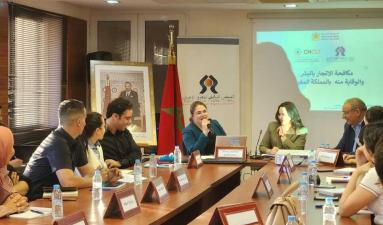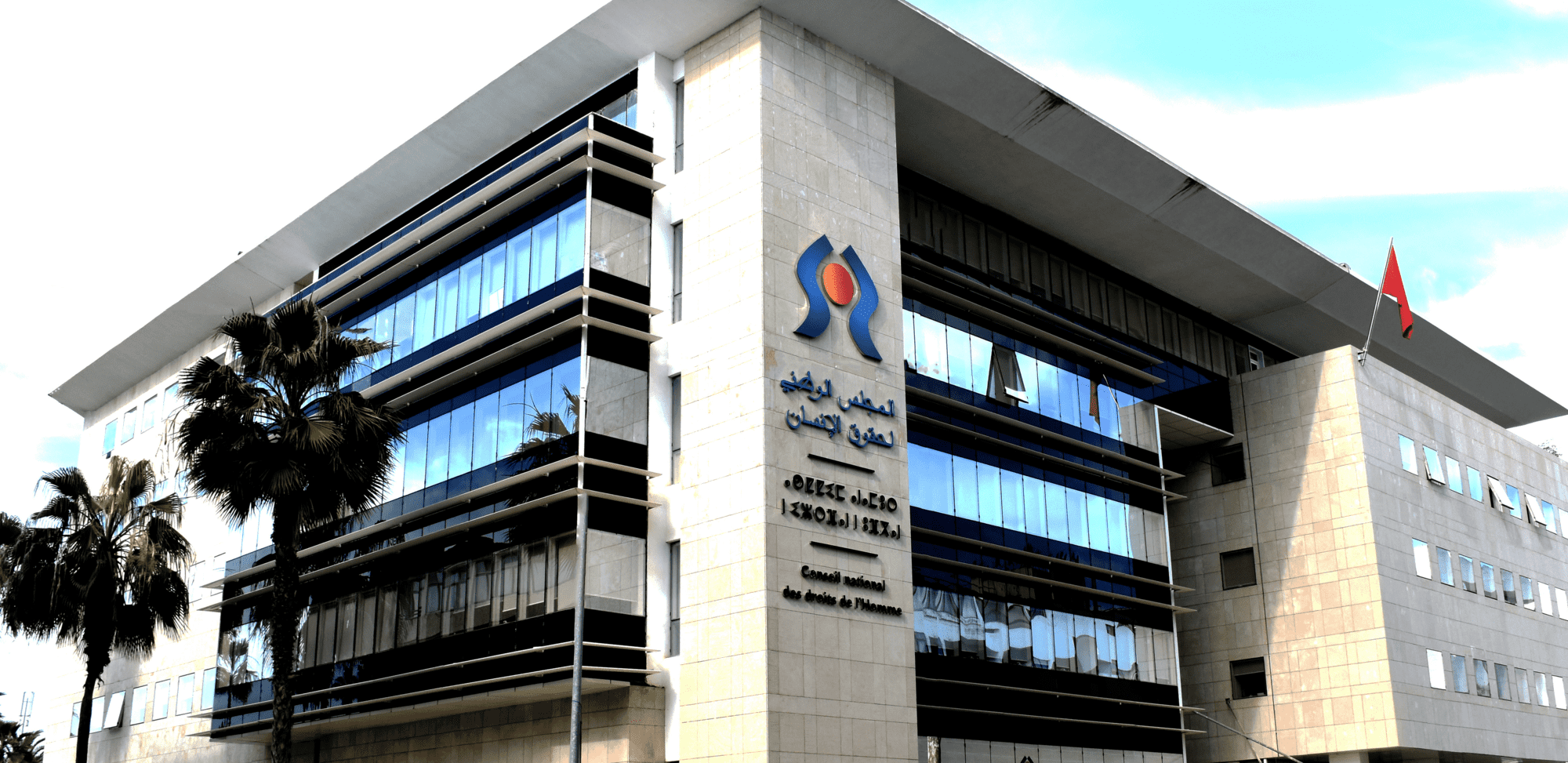Ms. Amina Bouayach, Chairperson of the National Human Rights Council (CNDH), called for highlighting the contributions of those working on the frontline to end the crime of trafficking in persons.
She also called for dedicating a national tradition to honor all who works on the frontline to end this flagrant human rights violation and recognize the importance of their roles.
CNDH Chairperson noted that the current situation made it imperative to accelerate the development of a national strategy to combat this serious crime, in line with a participatory approach open to all actors.
Ms. Bouayach’ calls are part of the commemoration of the World Day against Trafficking in Persons (30 July) , which is celebrated this year in these exceptional circumstances of the Covid 19 pandemic.
In her statement, CNDH Chairperson also called for enhancing the participation of actors to rise awareness on this form of slavery, as part of combating this crime, especially in light of non-reporting cases of sexual exploitation (particularly against women and children) , forced marriage, and other crimes related to trafficking in persons.
It should be noted that the National Commission to Combat and Prevent Human Trafficking, of which CNDH is a member, has monitored an increase in cases related to human trafficking crimes in Morocco since the enactment of Law No. 14-27 on combating human trafficking in late 2016.
Following available data, cases related to trafficking in persons crime increased, at the national level, from 17 cases in 2017 to 80 cases in 2018. In 2019, they doubled to 151 cases. In the last three years, 585 people were prosecuted in human trafficking cases, including 144 women and 84 foreigners.
As for victims of trafficking in persons, they reached 719 persons. 283 of them were subjected to sexual exploitation and 58 persons were exploited in begging, while 35 persons were subjected to forced labor. National search warrants issued against suspects in these cases amounted to 137, and 443 people were placed under police custody measures.
At the international level, women represent 49% (while girls represent 23%) of the total victims of human trafficking in the world, according to the United Nations website on the International Day to Combat this Crime. In this framework, sexual exploitation is the most common phenomenon of exploitation. At the international level, it reached 59%, followed by forced labor with 34%.
Morocco strengthened its national legislation by issuing Law No. 14-27 on combating human trafficking. This law came into force on August 25, 2016. It defined the crime of human trafficking in line with the United Nations definition, as stated in the Protocol to Prevent, Suppress and Punish Trafficking in Persons, Especially Women and Children, supplementing the United Nations Convention against Transnational Organized Crime (The international reference framework to combat trafficking in persons, besides the Global Plan to Combat Human Trafficking, adopted by the United Nations General Assembly in 2010, and the 2030 Agenda for Sustainable Development Goals, which includes goals aiming to end trafficking in persons.)
* The National Commission to Combat and Prevent Trafficking in Persons, is a national mechanism established to coordinate actions to combat and prevent trafficking in persons on May 23, 2019. It is installed at the Presidency of the Government. The Commission is composed of representatives of 14 ministerial departments, 6 public institutions (including CNDH) and representatives of civil society.



